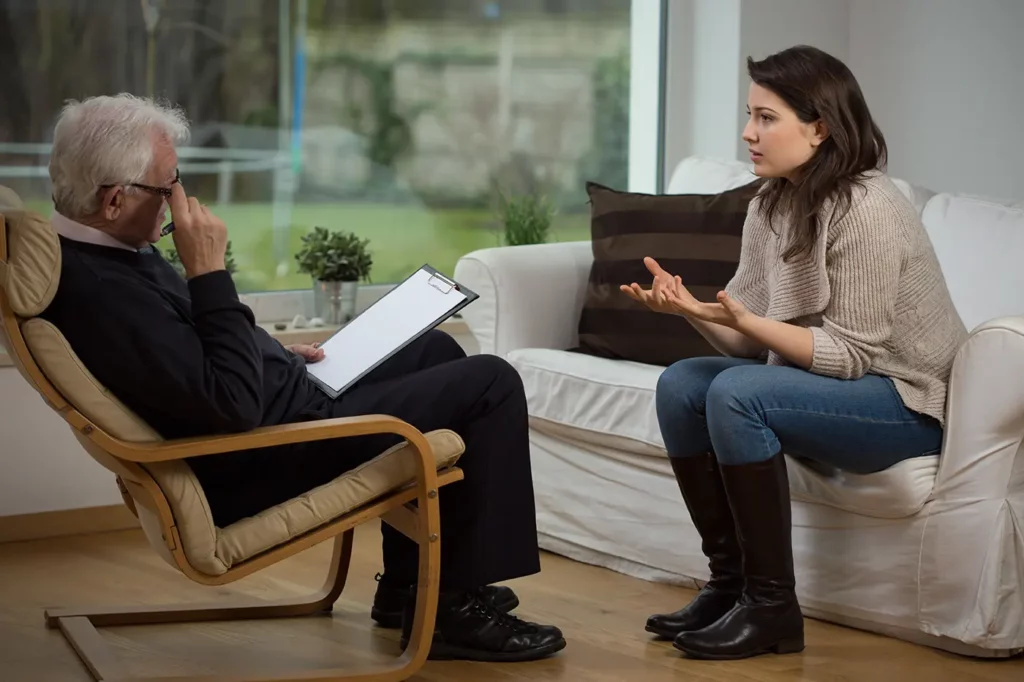24/7 Helpline:
(866) 899-221924/7 Helpline:
(866) 899-2219
Learn more about PTSD Treatment centers in Rising Sun

Other Insurance Options

Sutter

Regence

MVP Healthcare

Multiplan

AllWell

Optima

Oxford

State Farm

Amerigroup

Coventry Health Care

American Behavioral

Optum

Excellus

Magellan Health

WellPoint

Group Health Incorporated

Health Partners

CareSource

Kaiser Permanente

MHNNet Behavioral Health



Recovery Centers of America – Bracebridge Hall
Recovery Centers of America – Bracebridge Hall is a substance use disorder treatment center located ...

Gaudenzia
Gaudenzia is located in North East, Pennsylvania. Gaudenzia addresses the needs of chemically depend...
























































































































































































































Al Anon and Al Ateen
Al Anon and Al Ateen is a non-profit rehab located in North East, Maryland. Al Anon and Al Ateen spe...


























































